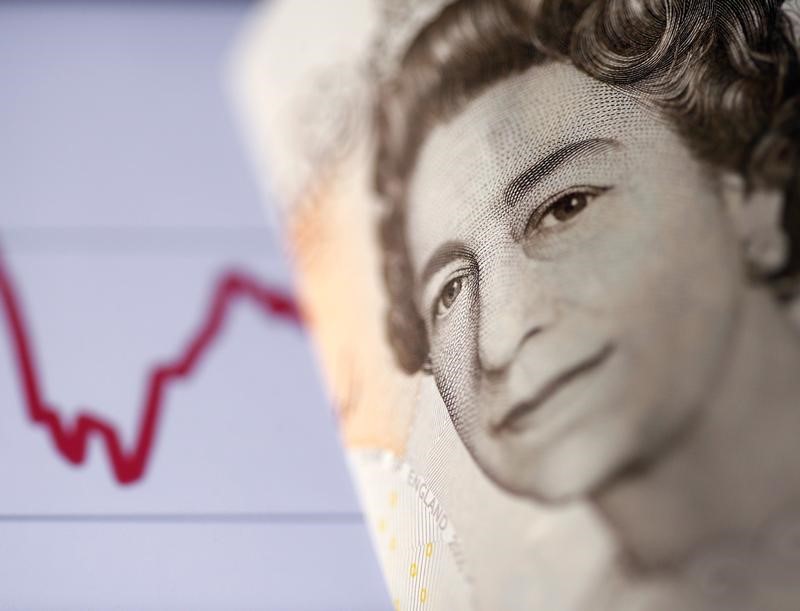By Ritvik Carvalho
LONDON (Reuters) - Sterling gained 0.1-0.2 percent against the dollar and euro on Monday as Prime Minister Theresa May struck a deal to prop up her minority government, peeling away one layer of uncertainty for Britain as its negotiates its exit from the European Union.
May secured the backing of Northern Ireland's Democratic Unionist Party (DUP) and its 10 lawmakers, concluding two weeks of talks since she lost her majority in elections on June 8.
The pound hit a 1-week high against the dollar of $1.2759 in morning London trade in anticipation of the deal, before briefly slipping into negative territory an hour before the announcement.
After news broke of the deal being finalised, it reclaimed lost ground to trade at $1.2735. <GBP=D3>
It was 0.2 percent higher at 87.77 pence per euro. (EURGBP=D3)
"I wouldn't expect the pound to move much higher based on this news," said ING currency strategist Viraj Patel, adding that investors had largely priced in the government forming a deal and were focusing now on UK data and Bank of England policy.
"We're pretty negative on the short-term momentum in the economy. We think the data will continue on a slowing path ahead of the August meeting where the bank may stick to the status quo and all these hawkish expectations fade away."
Sterling has recovered more than a cent of its losses since the elections as investors have upped their expectations for a rise to record low interest rates in Britain.
More Bank of England policymakers voted for a hike at the last policy meeting, and its chief economist said last week that he expected to vote for a hike later this year.
Investors were also digesting headlines over the weekend surrounding Britain's exit from the European Union.
Brexit minister David Davis said on Sunday he was "pretty sure" he could negotiate a good deal to leave the EU, something that would require a transitional arrangement for around one or two years.
Davis also told members of the Conservative Party to stop being "self-indulgent" after the Sunday Times newspaper reported that leading members of the party want Chancellor of the Exchequer Philip Hammond to become prime minister in place of May to steer the country through the Brexit process.
"Sterling has performed surprisingly well in the past in the face of a minority government (1974, 1996/7) or one supported by a confidence and supply agreement (1977/78)," Bank of New York Mellon (NYSE:BK)'s head of markets strategy Simon Derrick wrote in a note.

"However, investors did not have the additional complication of Brexit to deal with during these times."